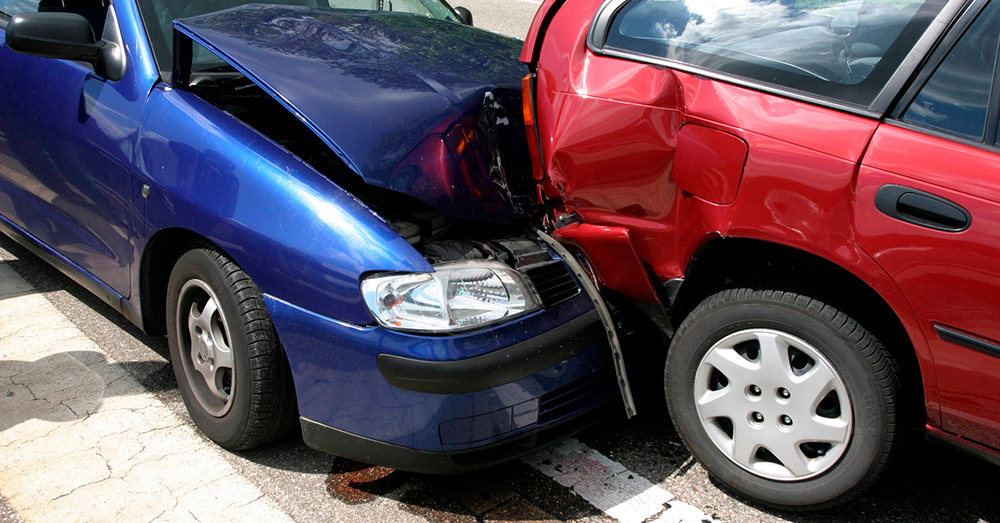Vehicle damage is the most common consequence of an accident. It leaves you with so much stress, especially when it is serious. Sometimes, the damage is irreversible, which means it becomes difficult to get it into proper condition and unsafe to drive it again. The insurance company evaluates the damage and decides if it is a total loss or not.
The rules it uses to determine are based on what a state follows regarding a total loss vehicle. As most states in the United States have their specific laws or guidelines, it is important to know what your state applies. In North Carolina, there is a fixed percentage rule that helps insurance companies make the decision.
It is a fact that you need your vehicle to keep you moving in daily life. So, it is important for every vehicle owner to understand how the total loss threshold NC works.
A percentage-based rule represents a predetermined limit when determining a total loss vehicle. In the US, some states use this method while others apply the total loss formula. The insurance companies consider these laws and decide whether it is a total loss.
In North Carolina, the total loss threshold is 75% which means if the cost to fix your vehicle is equal to or more than 75% of the market value for vehicle, it will be considered a total loss car. It is a process in which only the repair cost is compared with the ACV, and the decision is made.
Then you get an ACV settlement offer from the insurance company to compensate for some losses. However, it will not include the deductible that you agreed to pay at the time of taking the policy cover.
If you want to understand the further process after the declaration of a total loss vehicle, you first need to know how the 75% rule works in North Carolina. We can help you by giving an example:
If the ACV or actual cash value for vehicle is $10,000 and the repair estimate is $7,500, then it is a total loss. Salvage value is not included in this rule. However, when you decide to keep the vehicle, the salvage value is deducted from the amount to be paid to you.
In North Carolina, when a vehicle is involved in an accident, the insurance company may follow the given steps to gain the settlement:
The process starts with a detailed assessment of the damage and calculating the repair cost. The insurance company does this with the help of an estimator or the repair shop.

After getting a repair estimate, the estimator calculates the vehicle cash value. Then they apply the Total Loss Threshold North Carolina and find if the repair cost exceeds the predetermined percentage figure.
After the declaration that your vehicle is a total loss, the insurance company will offer you a settlement amount minus the deductible. If you are unsure about the offer, you can contact an experienced and reliable appraiser at ADR-Claims and negotiate a better payout.
If you agree on the settlement, you need to transfer the ownership of the vehicle. Then the insurance company will become the owner and send it to the salvage yard.
However, you can also choose owner retention and then apply for the salvage and rebuilt title. But still, the insurance company will deduct the salvage cost from the amount they will pay.
Already, you are struggling with the horrifying post-accident experience, and on top of that, when your vehicle is declared totaled, you might get more frustrated or lost. It may lead you to make wrong decisions, such as losing your vehicle or settling for the lowball offer.
If you or your family member is the one who just had an accident in North Carolina and sustained car damage, you need to get in touch with the ADR Claims team.
We are your support system when you are confused or unsure about the total loss claim process. We can protect you from having a low settlement offer and ensure you get what you truly deserve.
Our efficient team is there to support you at every step of the process. So, you do not need to be more stressed, and choose your options wisely with the help of our professional services. Contact ADR Claims for more detailed assistance!
Our quick and simple appraisal process can help you recoup vehicle-related losses.